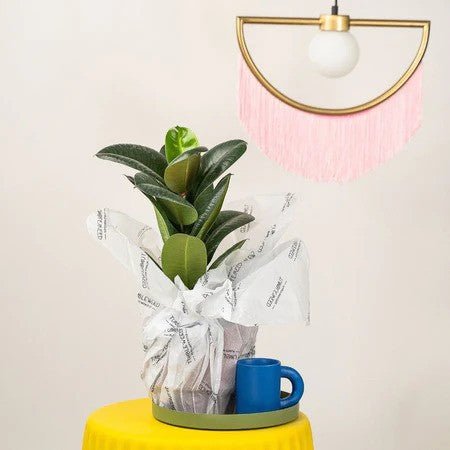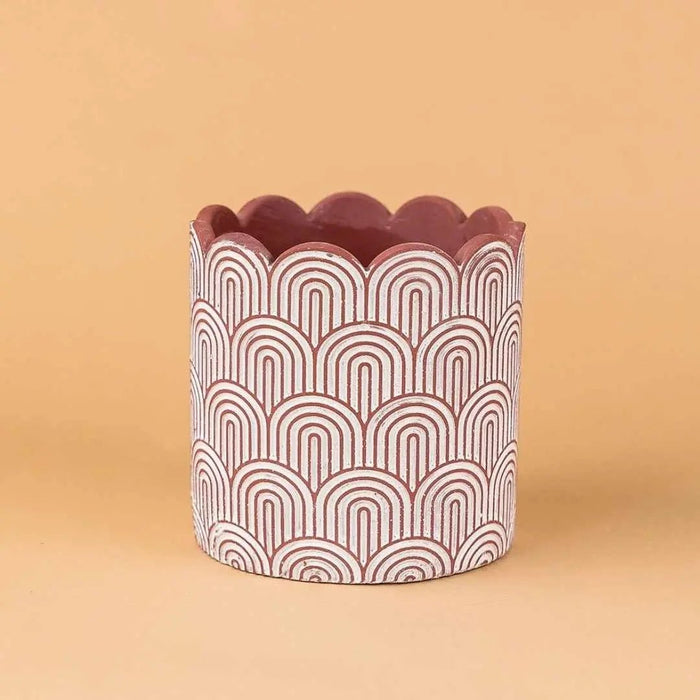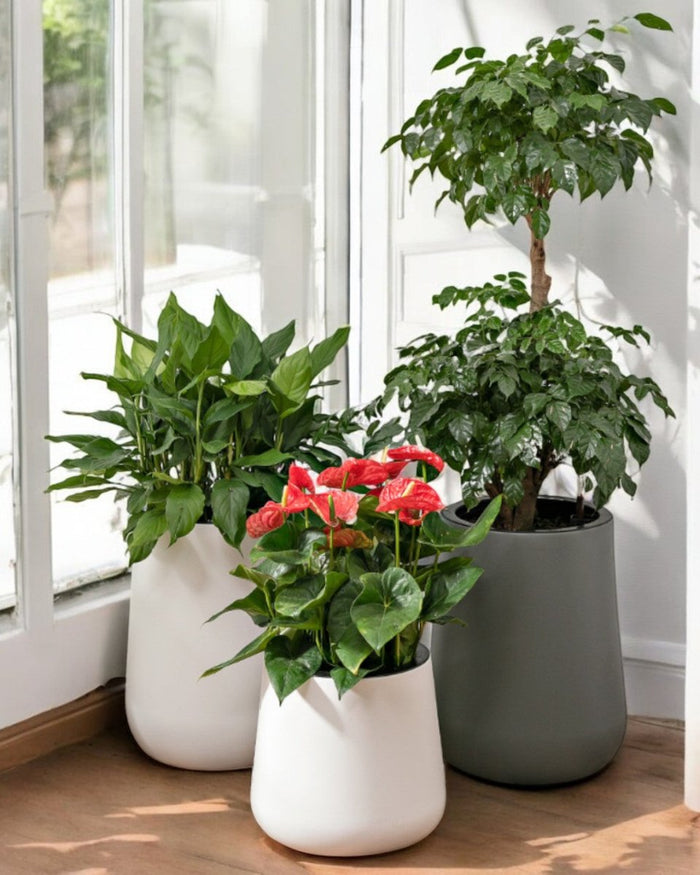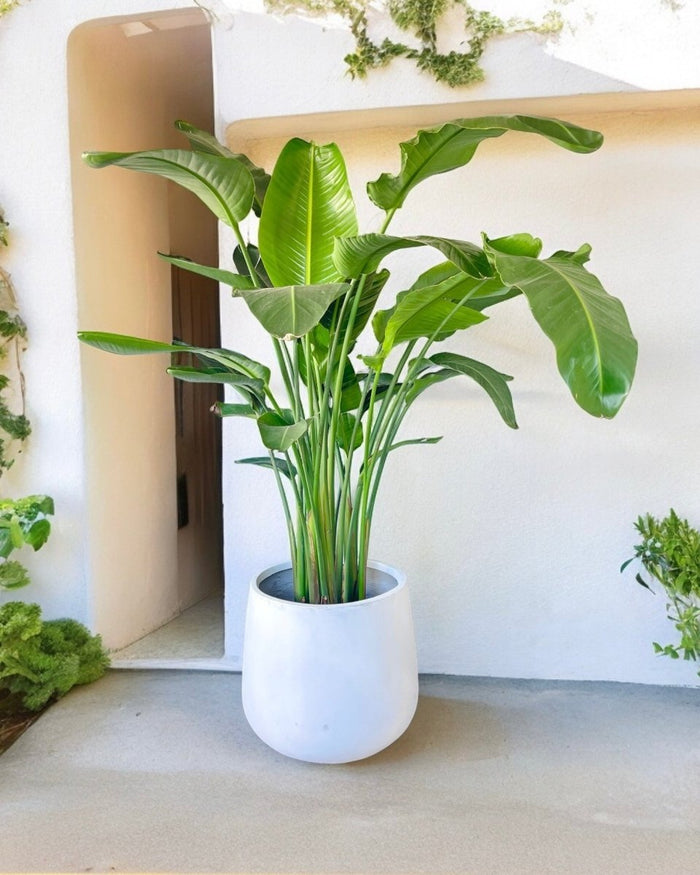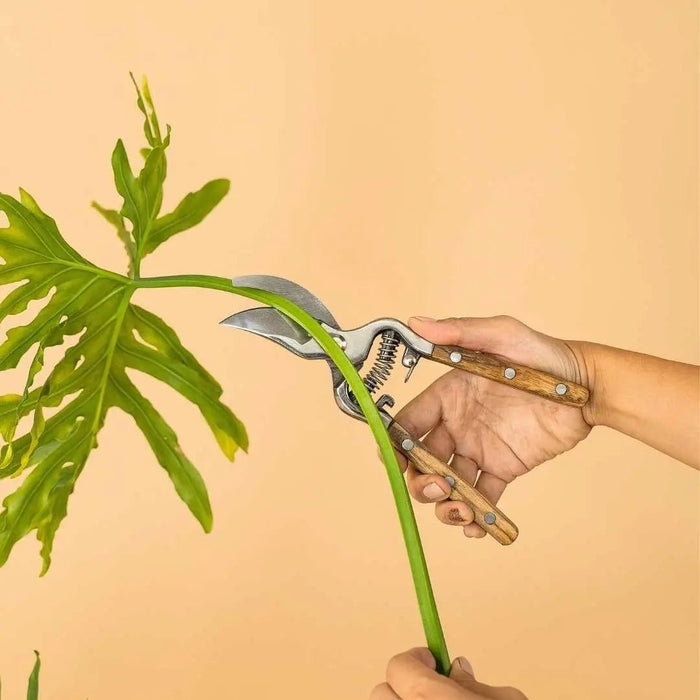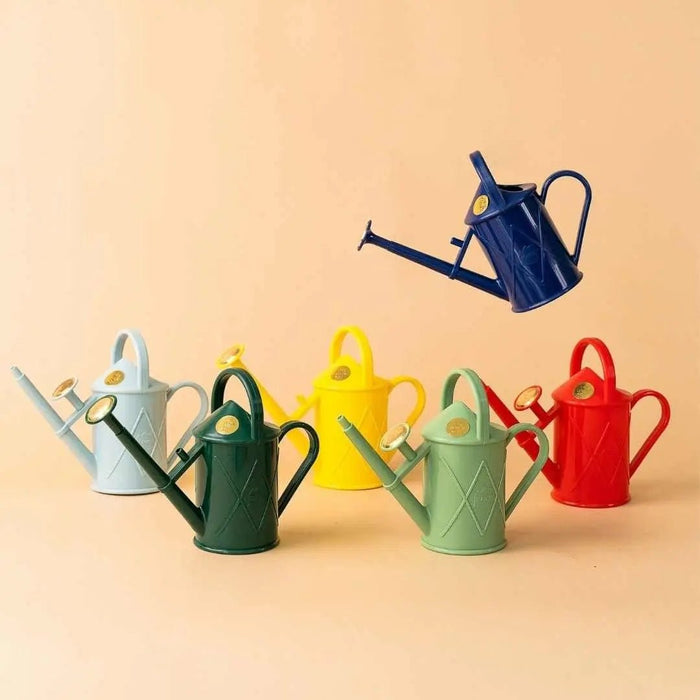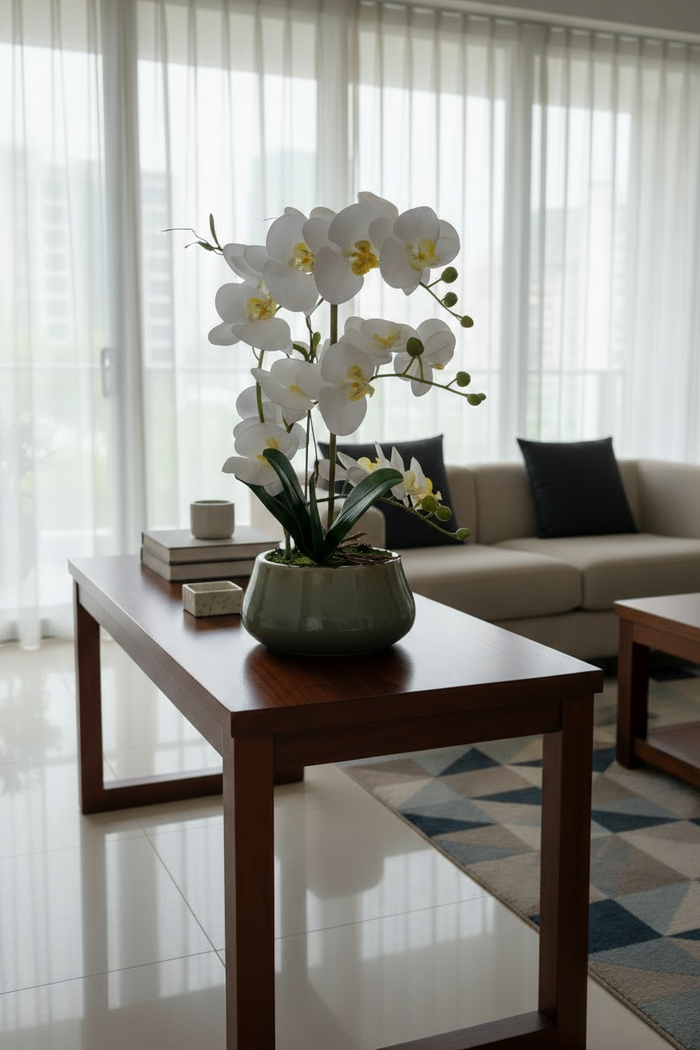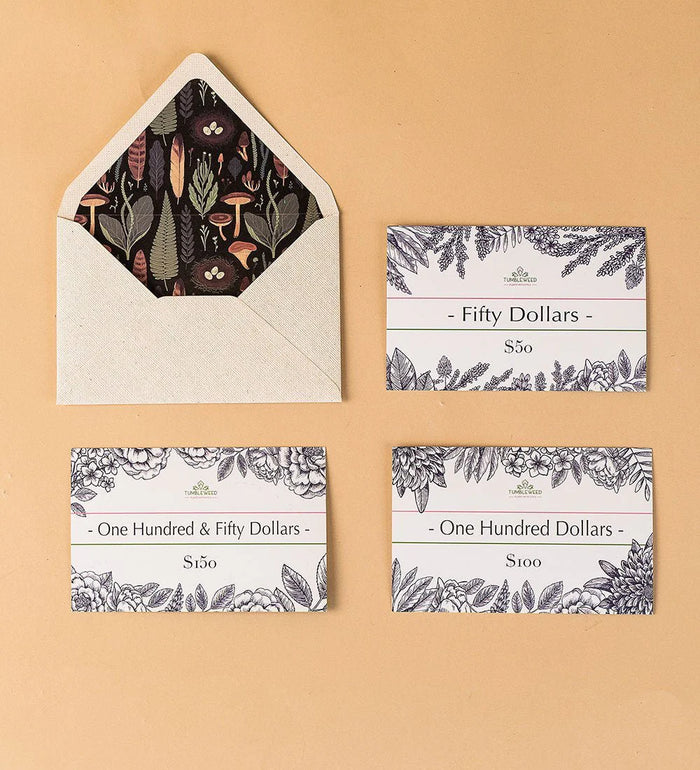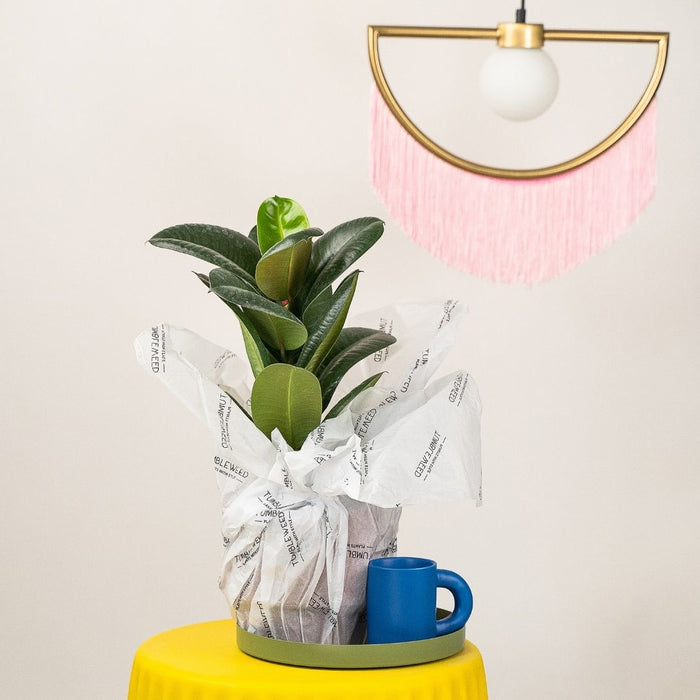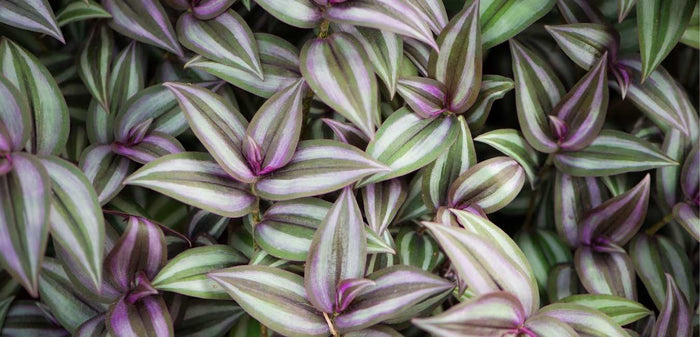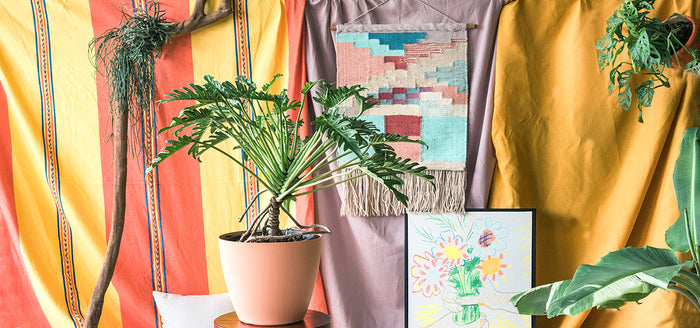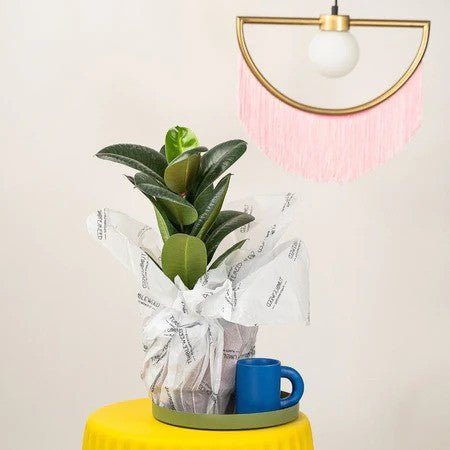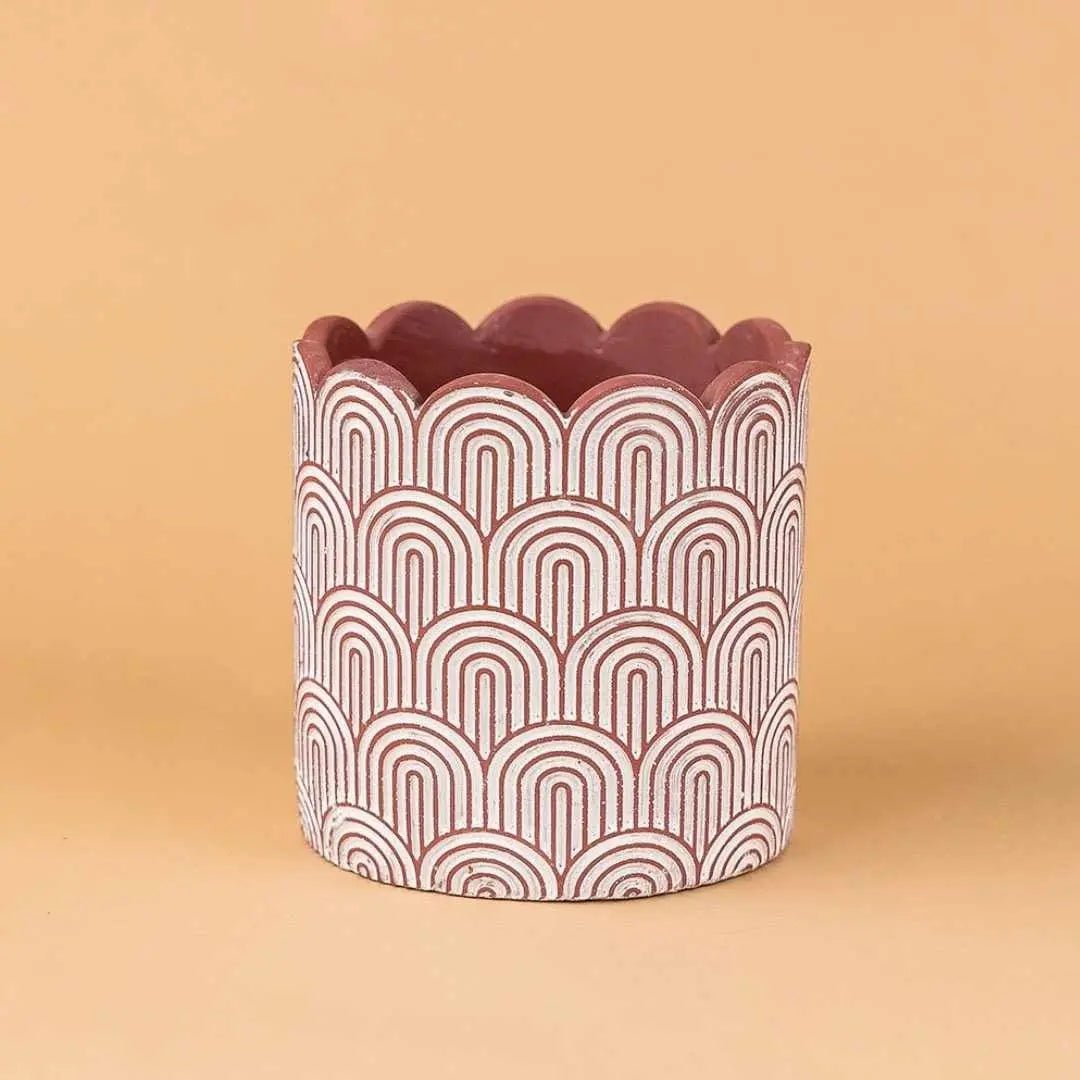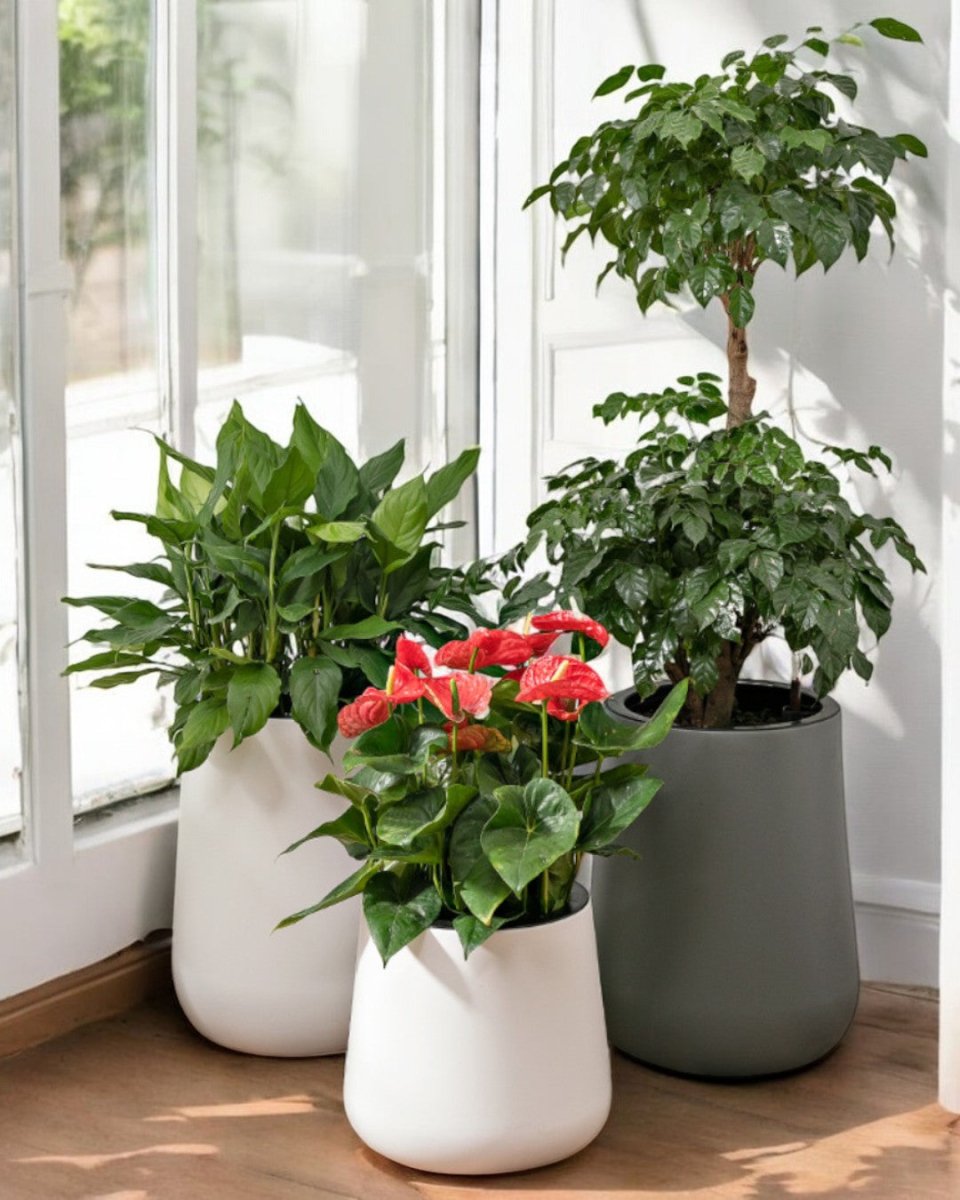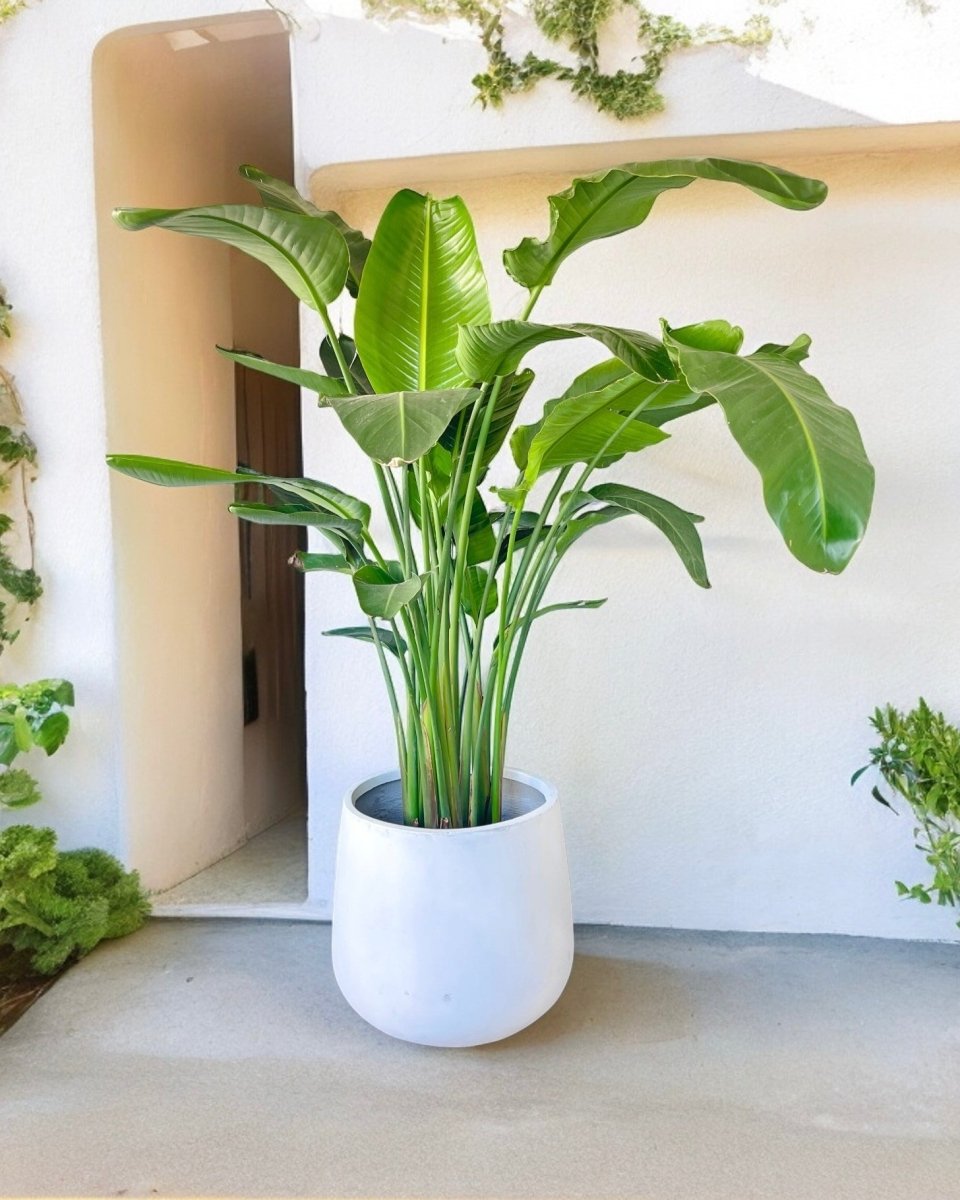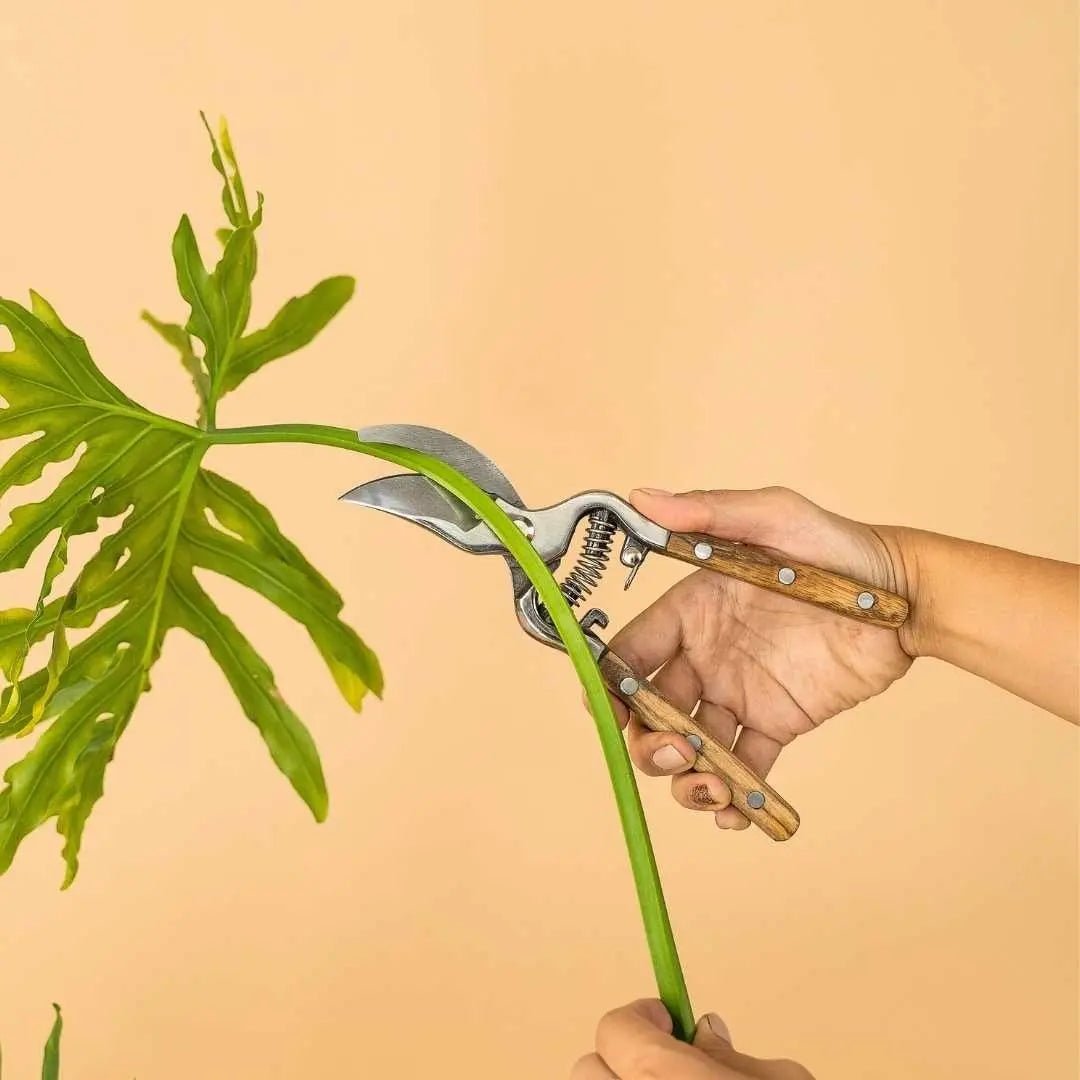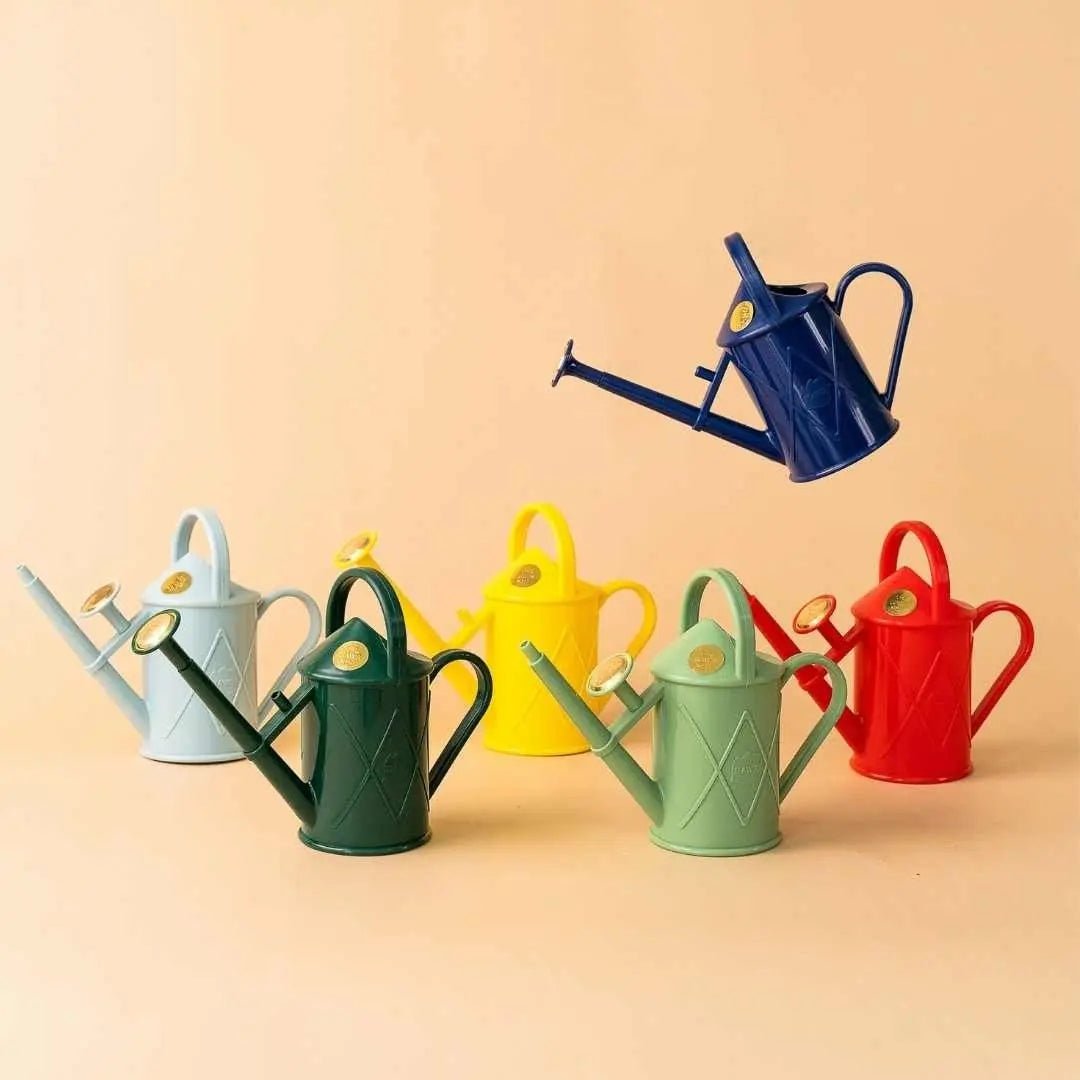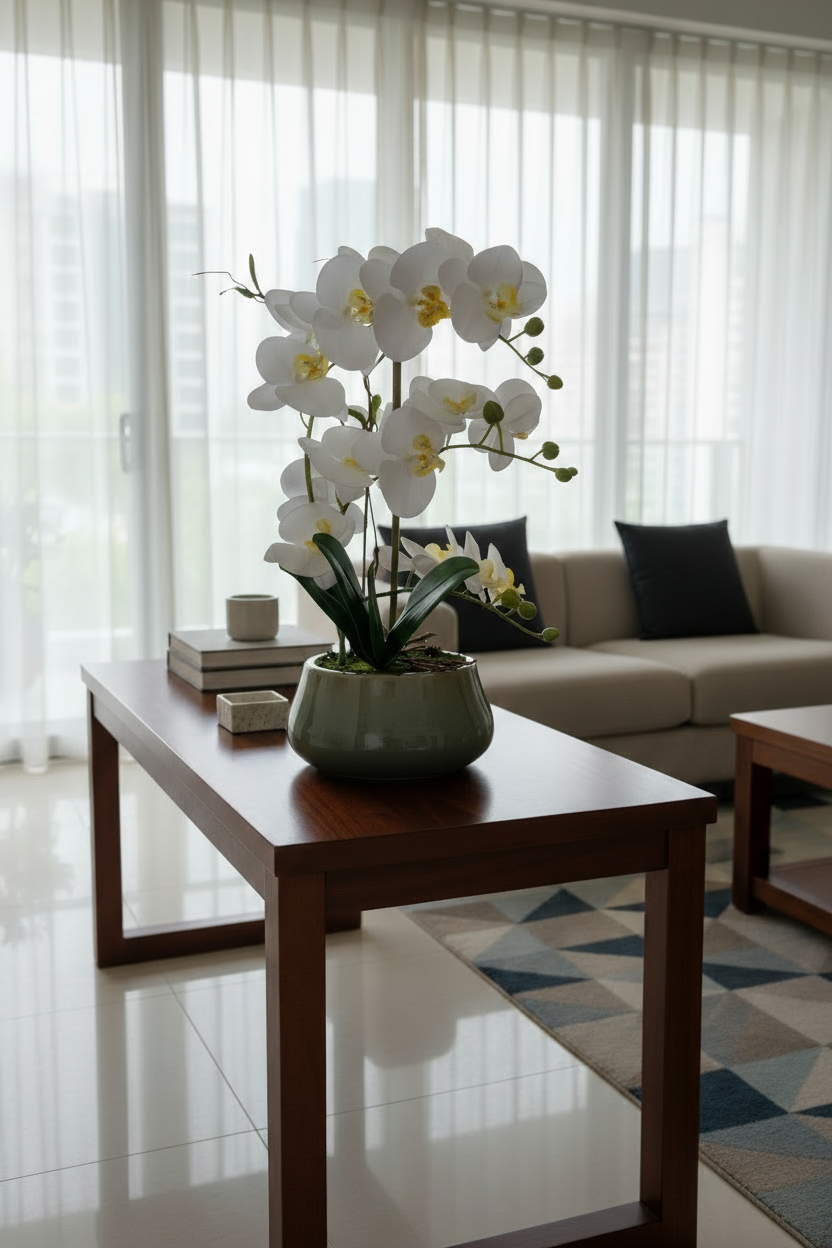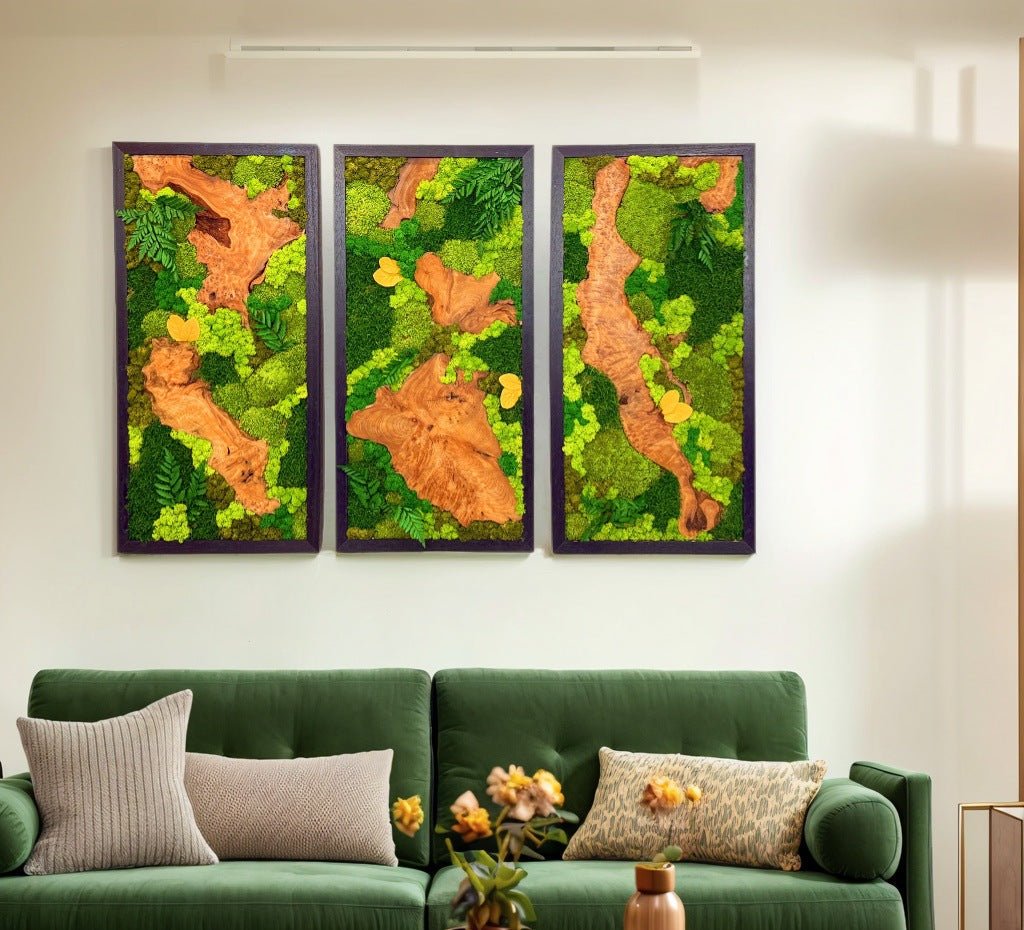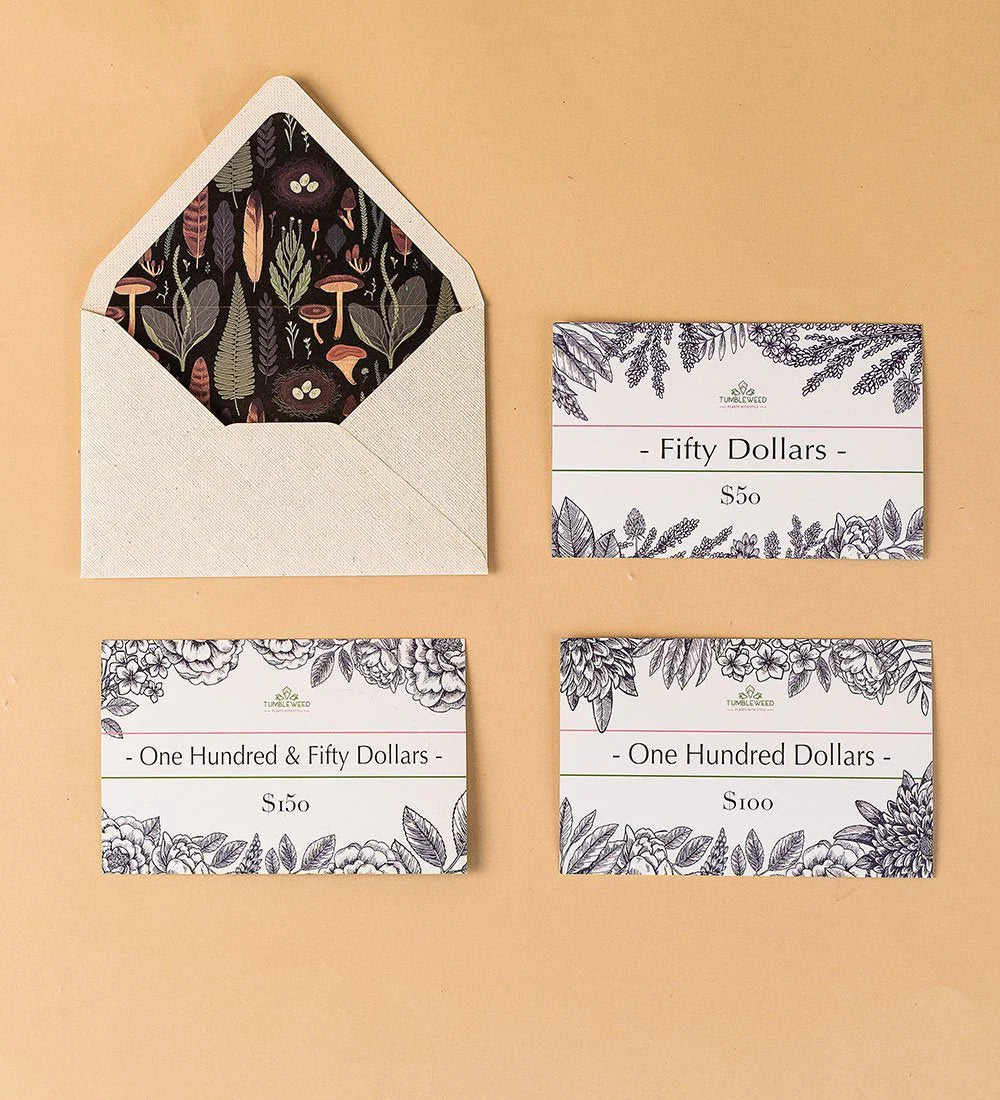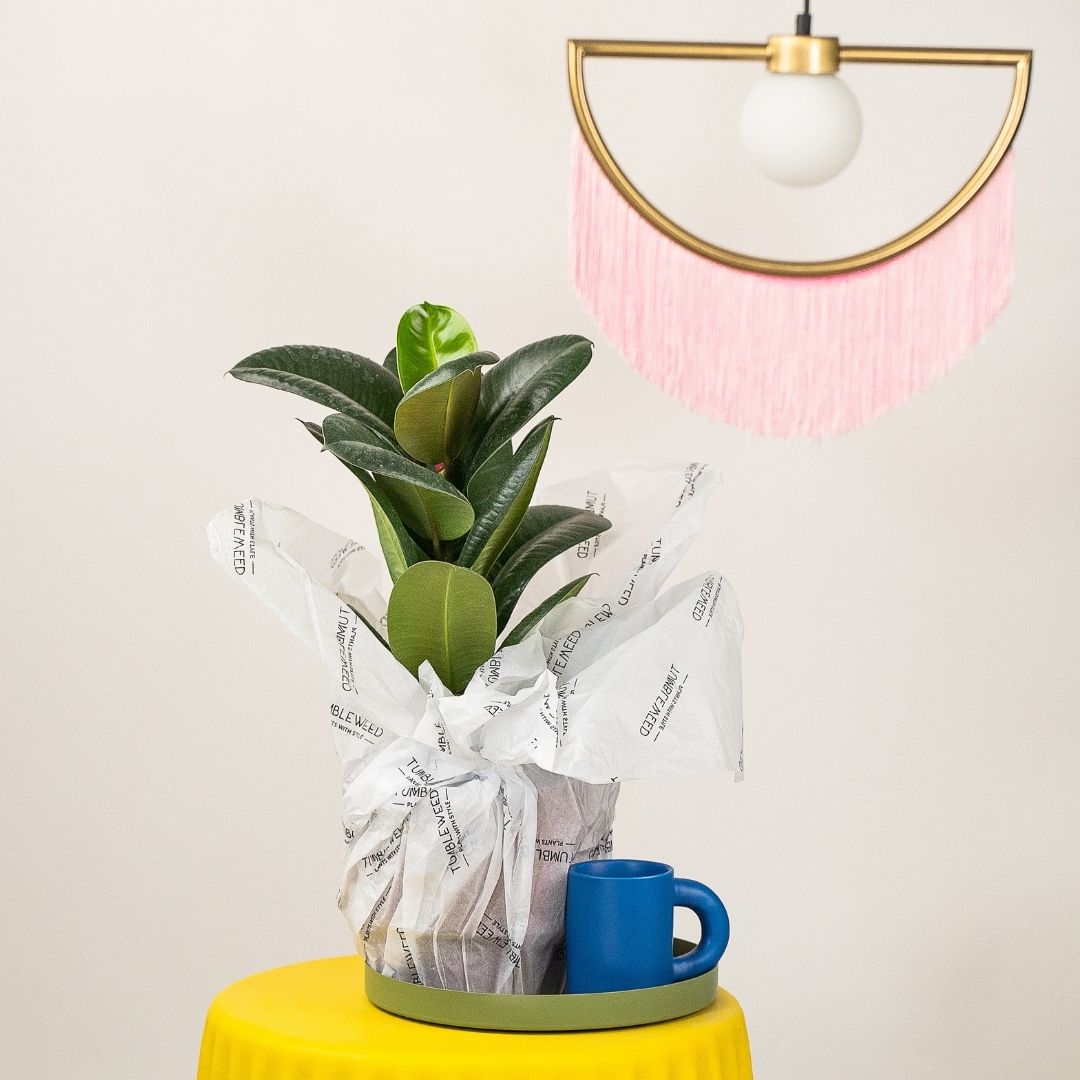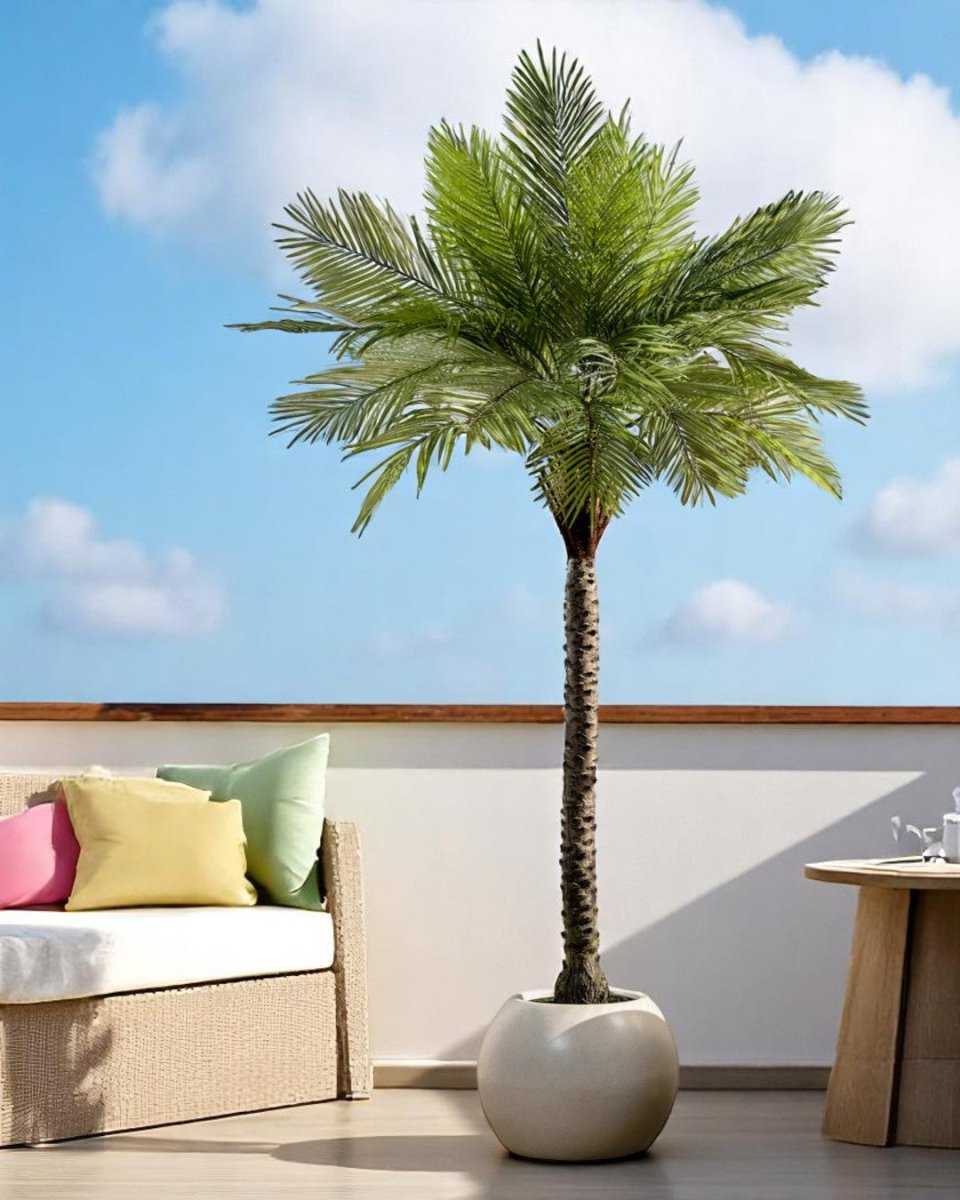Fittonias are popular houseplants with delicately veined leaves that can be red, pink, green or silvery-white in colour. They remain compact in size so Fittonias are usually great as eye-catching accents to shelves, desks, kitchen, bathroom or terrariums.
🔴 High order & chat volume — thanks for your patience! 💚
Search plants, planters, garden accessories and more.
-
CNY Sale
-
Plants
-
Pots
-
Care
-
Decor
-
Gifts
-
Services
-
Business
Free Delivery Above $99 | Shop Now
What's New
-
 Hello 2026! Up to 25% off→
Hello 2026! Up to 25% off→ -
 🎁 Corporate Gifts! 🎁→
🎁 Corporate Gifts! 🎁→ -
 Transform your space with our Plant Styling Services!→
Transform your space with our Plant Styling Services!→ -
 Low Light Corner?→
Low Light Corner?→ -
 Login to Earn & Redeem Points!→
Login to Earn & Redeem Points!→ -
 🎉 Making buying plants easy! 🎉→
🎉 Making buying plants easy! 🎉→
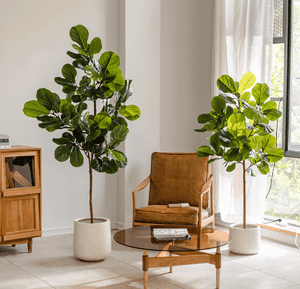
Hello 2026! Up to 25% off
Upgrade your decor now! Automatic tiered discounts mean bigger savings on plants, planters & more. Watch your progress bar fill up as you shop! Sale ends soon.
Shop Plants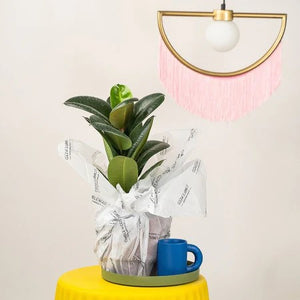
🎁 Corporate Gifts! 🎁
Planning corporate gifts for the festive season? Make a lasting impression with our premium plant gifts! Perfect for clients, partners, or employees, our curated selection of plants is both meaningful and elegant. Choose from a variety of options that fit any budget. Order now and ensure your corporate gifts are delivered in time for the celebrations.
Bulk Gifting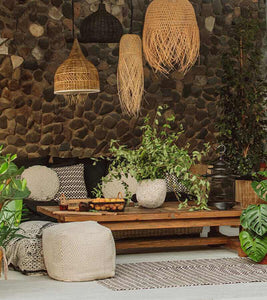
Transform your space with our Plant Styling Services!
Looking to refresh your space for the year-end festivities? Elevate your home decor with our Plant Styling service! Whether it’s a cozy corner or a grand living room, our expert tips will help you transform your space into a green oasis. Perfect for setting the holiday mood! Get inspired and start styling your space with our premium plant collections.
Start your Project
Low Light Corner?
No worries! Our Plant Lights are here to help your plants grow! Specially designed and made for houseplants.
Shop Lights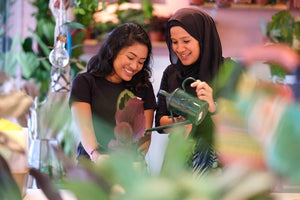
Login to Earn & Redeem Points!
Login and automatically enrol into our Rewards program, earning you points, and get exclusive deals and discount
Login Now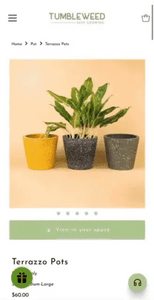
🎉 Making buying plants easy! 🎉
We have made buying plants even easier, with our customer service team, equipped to provide you with a plant recommendations. Hit us up on our chat channels to get started!
Shop NowUp to 25% off with our New Year Sale!
Free delivery above 99SGD
🎁 Free Gift Above $120
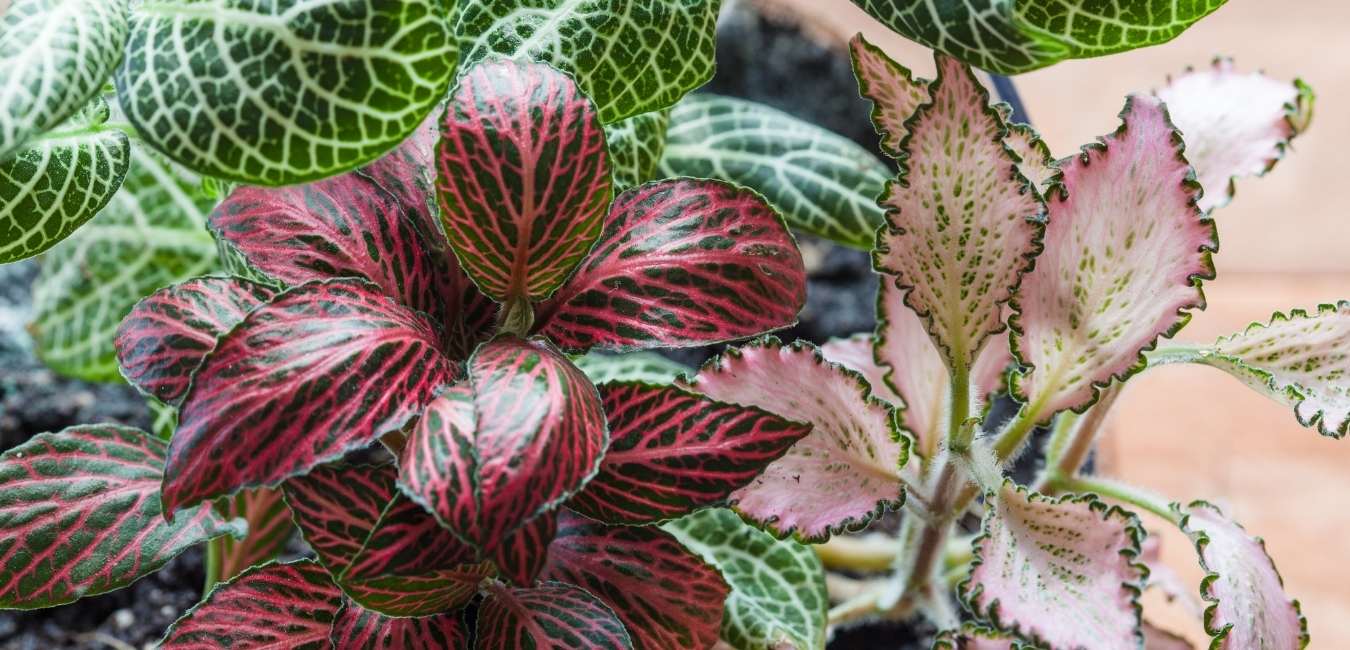
Fittonia: Information and Plant Care Guide
Varieties from our listing
Interested to buy a plant from this group?
See what we have available HERE
Below is a general care guide for Fittonias which can slightly differ depending on variety.
Light & Temperature
Fittonias should be placed in a warm area, avoiding drafts that will shock the plant. Think rainforest-like conditions when caring for your Fittonias. They like partial to full shade to flourish. If these plants receive too much sun, the leaves will become scorched and begin to shrivel. They will also thrive under fluorescent lights.
Watering, Humidity & Misting
Keep your Fittonia appropriately moist at all times. Nerve plants are prone to collapse if they're too dry. Although it will recover quickly after watering, repeated stress will not be good for the long-term health of the plant. On the other hand, when left sitting in water, Fittonias might develop yellowed, limp leaves. ‘Barely moist’ but not soggy soil is key to keeping a Fittonia happy.
Fittonia plants also enjoy high humidity. Without adequate moisture, fittonia leaves will quickly wither and wilt so it will definitely benefit from frequent misting.
Soil and Repotting
Use a standard houseplant potting mix. The soil should retain some moisture but should also drain well. Repot Fittonia annually and use fresh potting soil to prevent compaction and water logging.
Propagation
Fittonia plants propagate readily from leaf-tip cuttings. Make sure to include at least two healthy nodes on the cutting for best results. Once potted, roots will sprout in 2-3 weeks.
Fertiliser
Use a balanced fertiliser formulated for houseplants. Follow the directions on the label of our Down to Earth. organic plant food.
Toxicity
Fittonias are non-toxic and therefore safe around kids and/or pets.
Possible Issues
Under the right care and conditions, your plant will grow happy and healthy. But here are some issues you may encounter while caring for a Fittonia:
Fungus gnats, mealybugs and aphids - When spotted, treat immediately insecticidal soap spray or neem oil. Keep affected plant isolated to prevent spread.
Dry leaves - This can be a sign of lack of humidity or too much sunlight. Increase misting or use a humidifier to boost humidity. Keep your Fittonia away from direct sun.
Leaf drop - This is usually a result of cold temperature or drafts. Try to move your Fittonia to a warmer spot as in the tropics where this plant naturally grows.
Yellow leaves - This is due to overwatering. Don’t allow your Fittonia to stagnate in water.
- Regular Price
- $12.00
- Sale Price
- $12.00
- Regular Price
- $25.00
- Unit Price
- /per
- Regular Price
- $28.00
- Sale Price
- $28.00
- Regular Price
- $36.00
- Unit Price
- /per
TumbleweedPlants.com
Live Chat 💬
Whatsapp:+65 80561106
getintouch@tumbleweedplants.com
514 Chai Chee Lane (Office & Warehouse)
-Strictly not open to walk-in
Company
Helpful Links
Join Our Community
Join 40,000+ plant lovers and get care tips & inspiration.
About
TumbleweedPlants.com is an independent plants retail brand, established in Singapore in 2016. We make stylish indoor plants easy and accessible to all with great looking houseplant varieties, the biggest selection of planters and indoor plant care essentials delivered to your door.
Shop with confidence from the Best Plant Home Decor Online Store Today!


